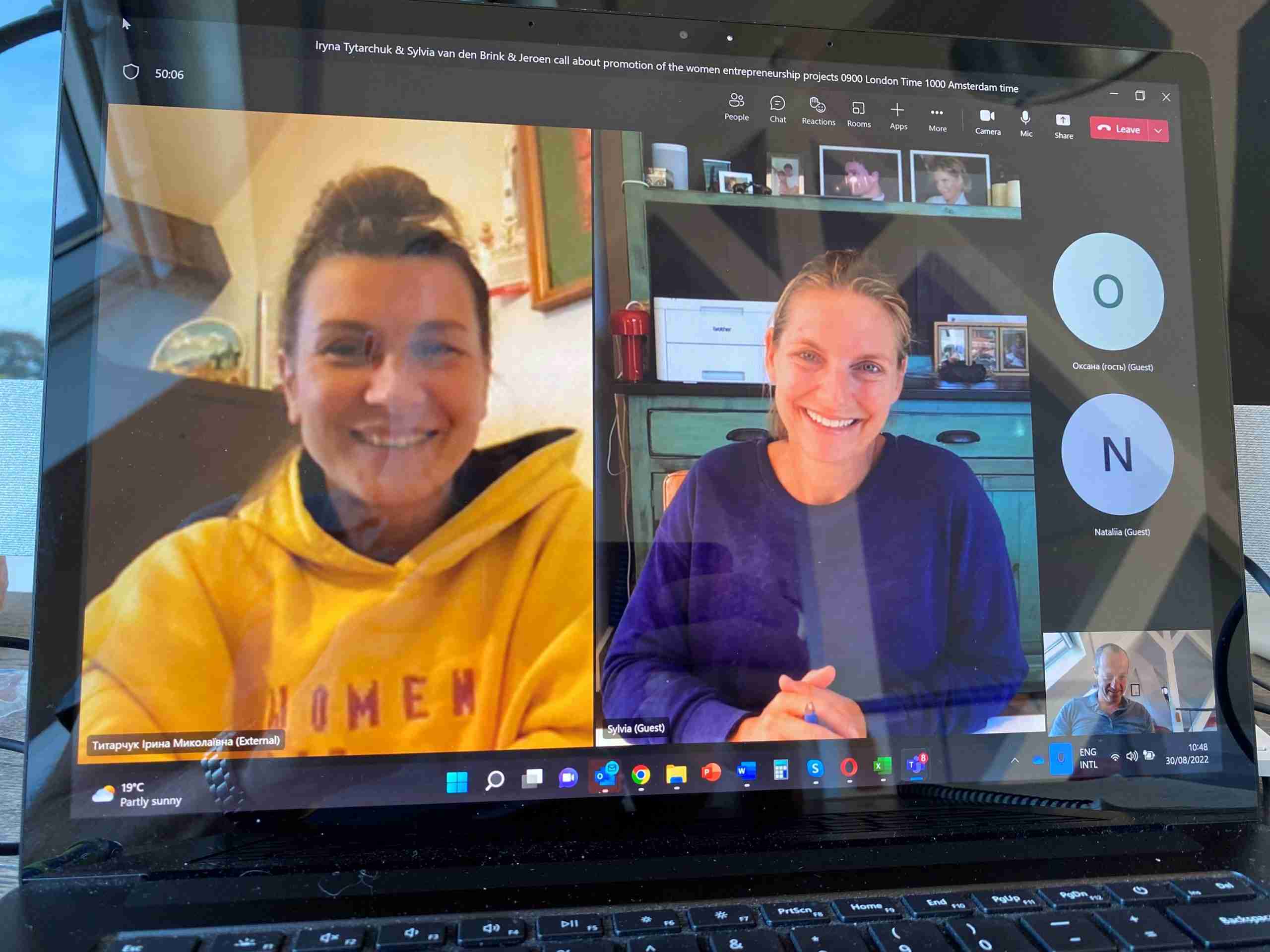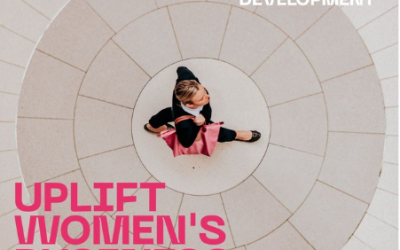With LifeLine Ukraine we provide aid to Ukraine on 3 levels:
- Day-to-day help through the supply of daily consumables;
- Medium-term help through the supply of goods for long-term use;
- Practical solutions aimed at boosting women-owned Ukrainian SMEs, through EU market access, business-matching/-development/-mentoring, micro-financing, equipment supplies.
Recent reserach showed that women are indeed better microfinance borrowers as they have significant negative relationship with MFI portfolio at risk. Findings also reveal their positive impact on self-sufficiency and profitability of microfinance organizations.
Mohammad Zainuddin
Australian National University (ANU)
Ida Md. Yasin
Putra Business School, Universiti Putra Malaysia
Date Written: July 2020
Abstract
Women are universally considered good microfinance clients. The reason behind this is a popular belief in the microfinance industry that women are better credit risks than men. Female targeting has been suggested to generate higher repayment rates for micro-lenders. Such a belief, however, has not been widely examined, and the very scant research so far only shows mixed results. Moreover, high repayment rates do not always warrant profitability for microfinance institutions (MFIs). An empirical investigation is thus needed to understand not only the nature of gender-repayment relationship, but also the impact of such gender targeting on overall MFI sustainability and profitability. Using a sample of more than 5,400 observations from 42 countries over a period of 14 years, this study examines the effect of female focus on MFI performance. Results suggest that women are indeed better microfinance borrowers as they have significant negative relationship with MFI portfolio at risk. Findings also reveal their positive impact on self-sufficiency and profitability of microfinance organizations. The study results have important implications for microfinance practitioners and policymakers. The paper concludes suggesting some potential avenues for future research.




